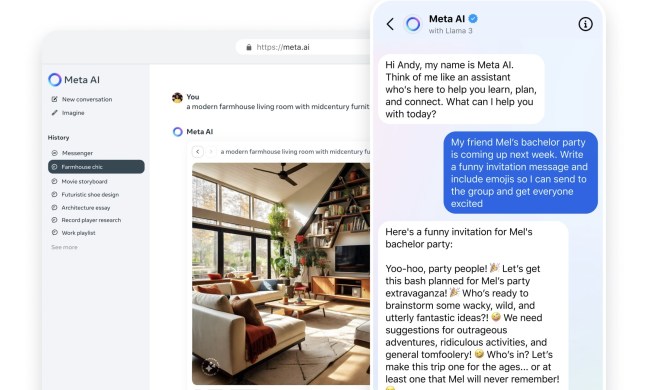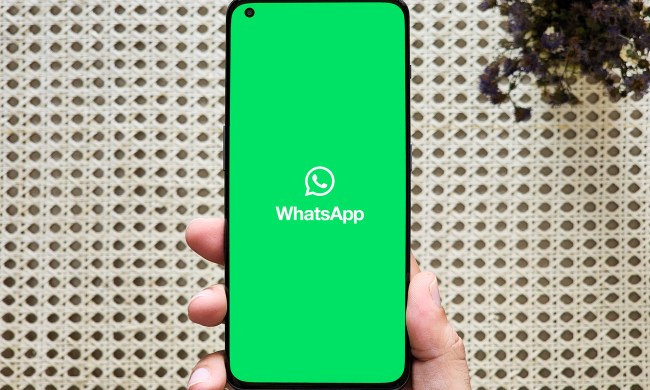WhatsApp has become a hotbed of false information regarding the coronavirus, but a new chatbot tied to fact-checkers is hoping to combat that.
Last month, after conspiracy theories, rumors, hoaxes, and false cures about the coronavirus proliferated on the platform, the Facebook-owned messaging app introduced limits on forwards for its more than 2 billion users. Anything shared more than five times could only be sent to a single participant or group at a time after that point.
Now, a chatbot tied to the Poynter Institute, a nonprofit journalism research organization, is looking to debunk misinformation more proactively. Here’s how the WhatsApp fact-checking chatbot can help clear up misinformation about the coronavirus.
Why wouldn’t I just Google my coronavirus questions?
Anyone can Google a rumor or theory about coronavirus and get a million hits, but sifting through what is and isn’t true or requires time, energy, and expertise.
The chatbot launched by Poynter’s International Fact-Checking Network (IFCN) connects users to the vetted work andcontact information of more than 80 fact-checking organizations in 74 countries. These checkers have been working since the beginning of the year and have already debunked nearly 4,000 hoaxes and claims.
Poynter’s database includes information correcting false assumptions about the many scam miracle “cures” for the virus, along with false conspiracy theories linking 5G to COVID-19 or those that say the virus was created in a Chinese lab and released intentionally. It is updated daily and free to access.
WhatsApp uses your phone number’s country code to also direct you to local listings of fact-checkers. People can reach out to these organizations to submit new claims for verification or just search the existing database.
How to use WhatsApp’s new coronavirus fact-checking chatbot
Save the number +1 727 291 2606 to your phone. In WhatsApp, message the number “Hello.”
An automatic message will pop up that reads: “Message us 24/7 to bust myths and check facts about COVID-19, ” followed by a pretty simple numbered menu.
The chatbot allows you to search the database of fact-checked items right there on the messaging platform. For instance, if you type in “garlic,” the chatbot sends you information that says the claim that garlic can help cure coronavirus is “misleading” and “false,” and also shows you which organization investigated the claim.
Can I get this in my language?
The chatbot is only available in English for now, but will soon launch in Spanish and Hindi, thanks to a grant from WhatApp. The problem of misinformation was particularly rampant among users with Indian phone numbers. The company and Poynter have not yet said if the service will be launched in additional languages.







